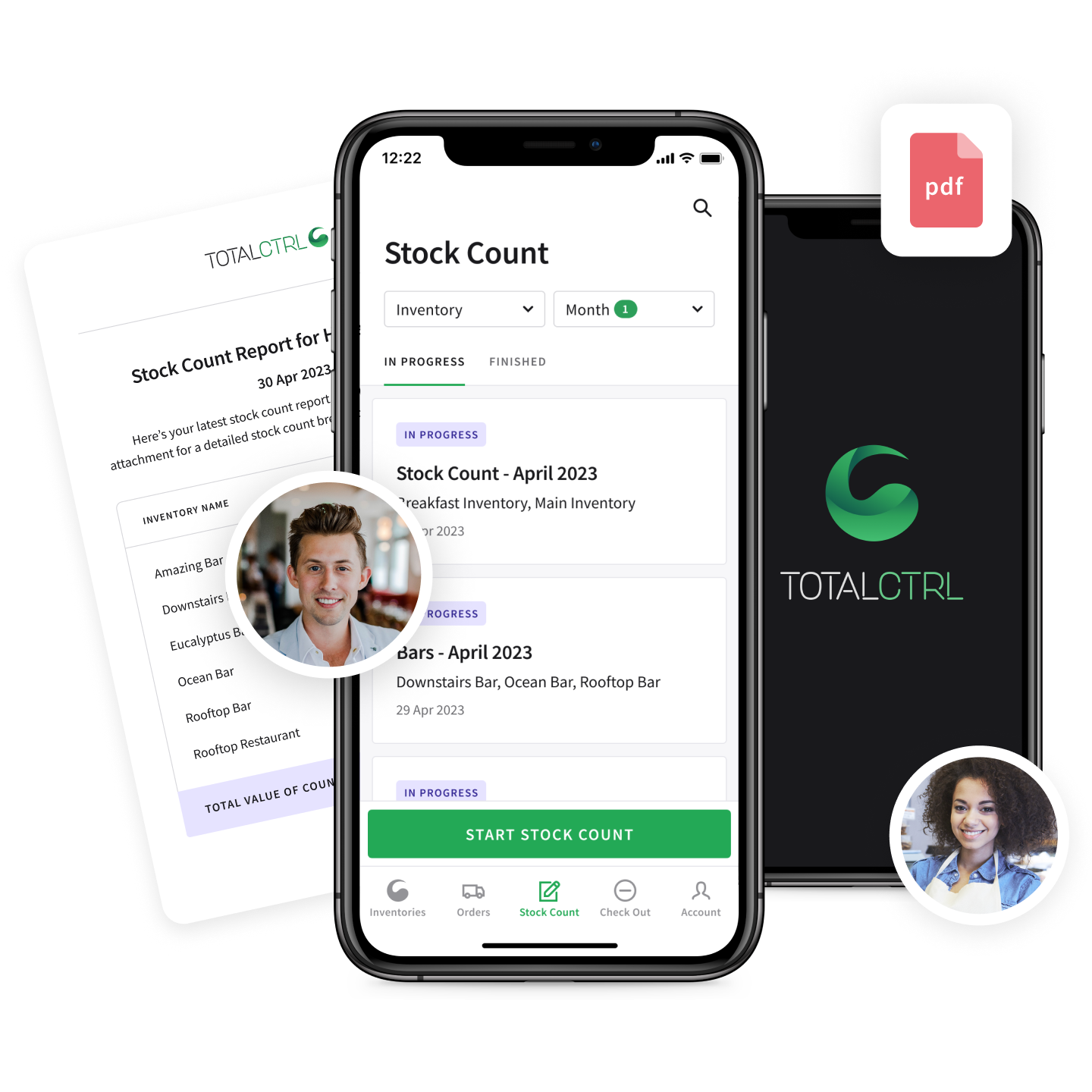When you first decide to build a website — whether it’s for a personal blog, an online store, a company, or a government agency — one of the earliest, most important choices you will make is your domain name.
But it’s not just about the name before the dot. The part that comes after the dot — your domain extension — can have a big impact on how your audience perceives you, how trustworthy you appear, and even how your site performs in search engines.
Should you stick with the familiar .com? What about .net? Is a country code like .co.ke better if you run a local business? What does .gov mean, and why is it so strictly controlled?
This comprehensive guide will help you understand what different domain extensions mean, how they influence branding and trust, whether they impact the value of your website, and how to choose the best one for your goals.
What Is a Domain Extension?
A domain name has two main parts:
-
The Second-Level Domain (SLD): This is the name you choose — for example, example in
example.com. -
The Top-Level Domain (TLD): This is the ending that follows the dot — like
.com,.org,.co.ke,.net, or.gov.
Together, they form your website’s address on the Internet.
There are hundreds of TLDs available today, but they generally fall into three main categories:
-
Generic Top-Level Domains (gTLDs) — like
.com,.net,.org -
Sponsored or Restricted TLDs — like
.govor.edu -
Country Code Top-Level Domains (ccTLDs) — like
.co.kefor Kenya,.ukfor the United Kingdom,.defor Germany,.infor India
Each type has its own role, reputation, and level of trust.
The King of Domains: Why .com Still Rules
If you ask most people to name a website, chances are they will add .com automatically.
Why is .com so dominant?
-
History:
.comwas one of the original domain extensions introduced in 1985. It stands for commercial, and it was intended for businesses, but today it’s used by everyone — companies, bloggers, non-profits, personal sites, and more. -
Familiarity: People instinctively type
.cominto browsers. If they forget your full domain, they will guess.comby default. -
Trust: Decades of widespread use have made
.comthe gold standard. Visitors often perceive.comsites as more credible and established.
Is .com better for SEO?
Not directly. Google has repeatedly stated that all TLDs are treated equally in its ranking algorithm. However, a .com may indirectly help you earn more clicks simply because it looks more trustworthy and is easier to remember, which can lead to more backlinks and higher rankings over time.
When to choose .com:
-
If your audience is global
-
If your business is commercial in nature
-
If you want the easiest domain for people to remember
-
If the
.comversion of your name is available — grab it
Because .com names are so desirable, many of the best are already taken, which is why alternatives have grown in popularity.
What About .net?
.net is another one of the original TLDs from the 1980s. It was originally intended for network providers or companies involved in Internet infrastructure — think Internet service providers, web hosts, and similar tech-focused businesses.
Today, .net is widely used by all sorts of websites, especially when the .com version of a desired domain is taken.
Pros of .net:
-
More availability than
.com. -
Still familiar to most Internet users.
-
Trusted and not spammy.
Cons:
-
Visitors may default to typing
.cominstead — so if you haveexample.netbut someone else ownsexample.com, you could lose traffic. -
Less “brandable” than
.com.
When to choose .net:
-
If you run a tech company, web hosting business, or network-based service.
-
If the
.comis taken and you have no risk of brand confusion. -
If you want a domain that’s credible but your name is too common for
.com.
Country Code Domains: .co.ke, .co.uk, .in, and Others
Country Code Top-Level Domains (ccTLDs) are two-letter endings assigned to specific countries or territories. For example:
-
.co.ke= Kenya -
.co.uk= United Kingdom -
.in= India -
.de= Germany -
.ca= Canada
These domains are perfect if your business or website is primarily targeting a local audience. They signal to visitors — and to search engines — that your content is relevant to that specific country.
Do ccTLDs help with SEO?
Yes, for local search. Google uses ccTLDs as a strong signal of geographic relevance. A .co.ke domain tells Google that your site is Kenyan, so you are more likely to rank well for searches made by users in Kenya.
Pros of ccTLDs:
-
Establish local trust. People feel more comfortable buying from a site that feels “local.”
-
Easier to get a good name if the
.comis taken. -
Helpful for local SEO.
Cons:
-
Less suitable if you want to expand globally later.
-
If you later grow internationally, you may need to buy the
.comversion anyway. -
Sometimes higher registration or renewal fees.
When to choose a ccTLD:
-
If your main audience is in one country.
-
If your business is local — like a local shop, service, or regional brand.
-
If you want to signal national identity (for example, government or tourism sites).
Special Purpose Extensions: .gov, .edu, .org
These domain extensions are restricted — you cannot just buy them like .com or .net. They are carefully controlled for special uses.
.gov
.gov is reserved for official government entities in the United States. Only verified government bodies can register a .gov. This exclusivity makes it extremely trustworthy.
.edu
.edu is for accredited educational institutions in the U.S. — universities, colleges, and some schools. It’s a strong signal of authority and trust.
.org
.org was originally for non-profit organizations and is still heavily used by charities, open-source projects, and community initiatives. Unlike .gov and .edu, .org is not restricted — anyone can register one — but visitors still often associate it with mission-driven, non-commercial work.
New Generic TLDs: Are They Worth It?
In recent years, hundreds of new generic TLDs (gTLDs) have appeared, like .online, .shop, .guru, .app, .blog, .photography, .design, .tech — the list goes on.
These can be creative and memorable if used well. For example:
-
johnsmith.photographyfor a photographer. -
freshly.bakedfor a bakery blog. -
bestseo.gurufor an SEO consultant.
Pros:
-
Creative branding options.
-
Easier to find an available name.
-
Can describe your niche or purpose directly.
Cons:
-
Not as familiar to the general public.
-
People may still assume
.comand mistype it. -
Some shady websites use unusual TLDs, so perception varies.
Google has said new gTLDs do not get a ranking advantage or penalty — they are treated equally to .com in search results.
Do Domain Extensions Affect a Site’s Value?
When it comes to selling a website or domain name, the extension absolutely affects its market value.
A good .com domain is usually worth more than the same name on .net or .co. Why?
-
Perceived authority:
.comis trusted and familiar. -
Typo traffic: Many people instinctively type
.com. -
Brand control: Owning the
.comprotects your brand from copycats.
Premium .com domains — short, simple, keyword-rich names — can sell for hundreds of thousands or even millions of dollars. The same name on .net or .co would rarely come close in price.
However, for an actual website (not just the name), other factors matter more: traffic, revenue, profit, backlinks, and audience. A profitable site on .co.ke can be worth far more than a dead .com domain.
Do Domain Extensions Affect SEO?
Google has stated many times that TLDs have no direct impact on ranking — a .com does not inherently outrank a .net.
But there are indirect effects:
-
A familiar TLD builds trust, so users are more likely to click.
-
Higher click-through rates can lead to better rankings over time.
-
ccTLDs help local SEO but may limit global reach.
So, the extension is not a ranking factor by itself — but it can affect user behavior, which does influence SEO.
How to Choose the Best Domain Extension for You
When picking a domain extension, consider:
-
Your Audience: Are they global or local?
-
Your Brand: Do you want to look established, innovative, official, or niche-specific?
-
Availability: Is the
.comtaken? If so, is the alternative clear and safe? -
Future Plans: Will you expand internationally? Will a local extension limit you?
-
Trust and Perception: Will your customers trust a new gTLD or lesser-known extension?
Golden rule: If you can get the .com version of your name, do it. If not, consider a reputable alternative (.net, .org, or a relevant ccTLD) that fits your brand.
Protecting Your Brand
If you plan to grow a big brand, buy multiple versions of your domain:
-
The
.comversion -
The relevant ccTLD (like
.co.keif you are Kenyan) -
Common misspellings if needed
Redirect all variants to your main site. This protects your traffic and brand identity from competitors or scammers.
Key Takeaways
-
.comis still the king of domains — trusted, familiar, and valuable. -
.netis a strong alternative for tech and network-focused sites. -
ccTLDs like
.co.kehelp build local trust and boost local SEO. -
.govand.eduare restricted and signal high authority. -
New TLDs can be creative but may confuse less tech-savvy visitors.
-
TLDs do not directly affect SEO but influence trust, click rates, and branding.
-
For maximum site value, the right domain extension plus a memorable, short name is ideal.
Final Thoughts
A domain extension might seem like a small detail, but it plays an outsized role in how people perceive your website. It is part of your digital identity — something that can build trust or sow doubt in an instant.
While a .com remains the safe, powerful choice, it is not the only option. What matters most is matching your domain to your audience, your brand, and your future goals.
Whether you run a local business with a .co.ke or launch a global app on a .com, the right domain sets you up for better branding, clearer marketing, and a foundation for long-term growth.
Choose wisely — and remember, great content, user trust, and consistent branding will always matter more than what comes after the dot.


















0 comments:
Post a Comment
We value your voice! Drop a comment to share your thoughts, ask a question, or start a meaningful discussion. Be kind, be respectful, and let’s chat!